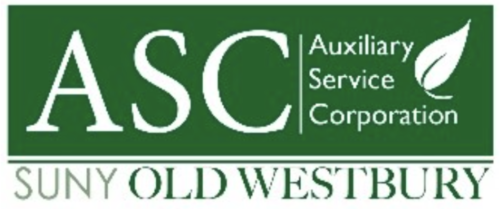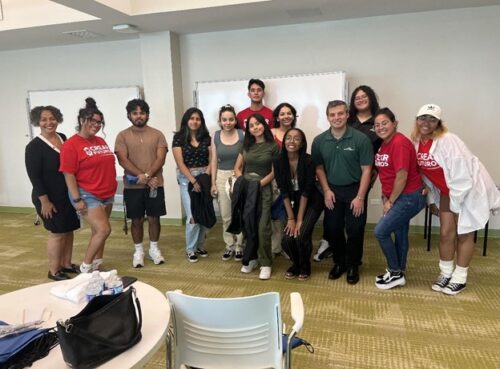
Assorted brands and different feminine care products.
Menstruation is a natural process that affects half of the human population at one point or another. However, many women and young girls cannot afford or do not have access to sanitary products, menstrual hygiene education, toilets, handwashing facilities, or waste management. This is known as “period poverty” and it prevents women from going to school and work during their “time of the month” all over the world. “Period products are not a luxury item,” said Clare Pfeiffer, a plaintiff in a class-action lawsuit against the tampon tax, according to The New York Times. According to Women of Reform Judaism, in 2019, the tax on menstrual products in the US ranged from 4.7% to 10%.
According to Global Citizen, many countries, states, and cities around the world have passed laws mandating schools to provide period products to students. However, much more is required. A report done in 2017 by the United Nations Educational, Scientific and Cultural Organization stated that 1 out of every 10 menstruating youth misses school during their menstrual cycle due to lack of access to menstrual products and resources.
The Journal of Global Health Reports stated that some 16.9 million people who menstruate in the US are living in poverty. In fact two thirds of the 16.9 million could not afford menstrual products in the past year. Many of these women must choose between food and buying feminine products during their time of the month.
15% of women in college have experienced period poverty in the past year, according to the Journal of Global Health Reports. All these women must choose between having a meal or buying the products that are a necessity, going to class or work, missing work, or learning because they cannot afford these hygienic products. This is a sad reality that is faced in the US and all over the world.
In a low-income area in Hempstead, Catherine (who asked that her last name no be used) works at Planned Parenthood. During the COVID-19 pandemic she worked from home. However, many times she would make “emergency runs” after hours to provide these girls with pads and more. She said that oftentimes, these girls would have to use toilet paper and napkins as pads because their families could not afford them.
In Hempstead, as elsewhere on Long Island, this is the reality. This is happening in a first world country! As a young woman myself, this puts a lot into perspective. Catherine also suggested that we can help as many women’s shelters accept donations of these products.







